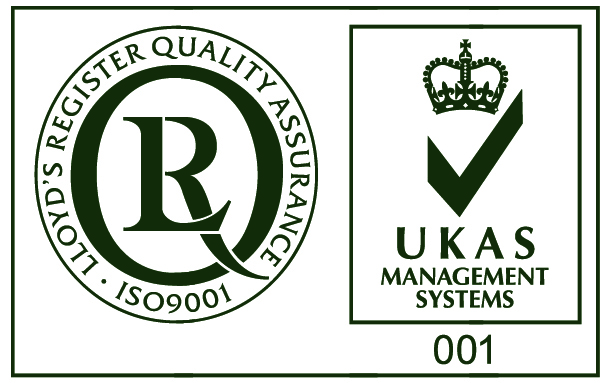¿QUÉ ES LA INTOLERANCIA ALIMENTARIA?
La mayoría de las personas pueden comer una gran variedad de alimentos sin problemas a lo largo de su vida pero existe un porcentaje de la población en los cuales determinados alimentos o componentes de alimentos pueden provocar reacciones adversas. Las reacciones adversas a los alimentos pueden deberse a una alergia alimentaria o a una intolerancia alimentaria.
¿Qué diferencia hay entre alergia alimentaria e intolerancia alimentaria?
La alergia alimentaria es una forma específica de intolerancia a un alimento o uno de sus componentes, que activa el sistema inmunológico. Un alérgeno que provoca una serie de reacciones en cadena en el sistema inmunológico, entre ellas la producción de anticuerpos.
Dichos anticuerpos provocan la segregación de sustancias químicas, como la histamina, que produce varios síntomas, como picor, moqueo, tos o trastornos respiratorios. Muchas veces estas alergias a los alimentos o a sus componentes se heredan, y normalmente se identifican en los primeros años de vida.
La intolerancia alimentaria afecta al metabolismo, pero no al sistema inmunológico del cuerpo. Un buen ejemplo es la intolerancia a la lactosa , que se da en ciertas personas por la carencia de una enzima digestiva llamada lactasa, que descompone el azúcar de la leche.
La intolerancia alimentaria se da cuando el cuerpo no puede digerir correctamente un alimento o uno de sus componentes y la sintomatología estará derivada de la presencia de anticuerpos y es muy variada, pudiéndose manifestar en trastornos digestivos como vientre hinchado , dermatitis, tendencia a la obesidad ,retención de líquidos, cefaleas y migrañas , hiperactividad infantil , agresividad o disminución del rendimiento físico, pudiendo incluso llegar hasta las náuseas, diarrea y dolor abdominal. La eliminación de estos alimentos de la dieta más un adecuado tratamiento médico produce una mejoría evidente y rápida de esta sintomatología.


